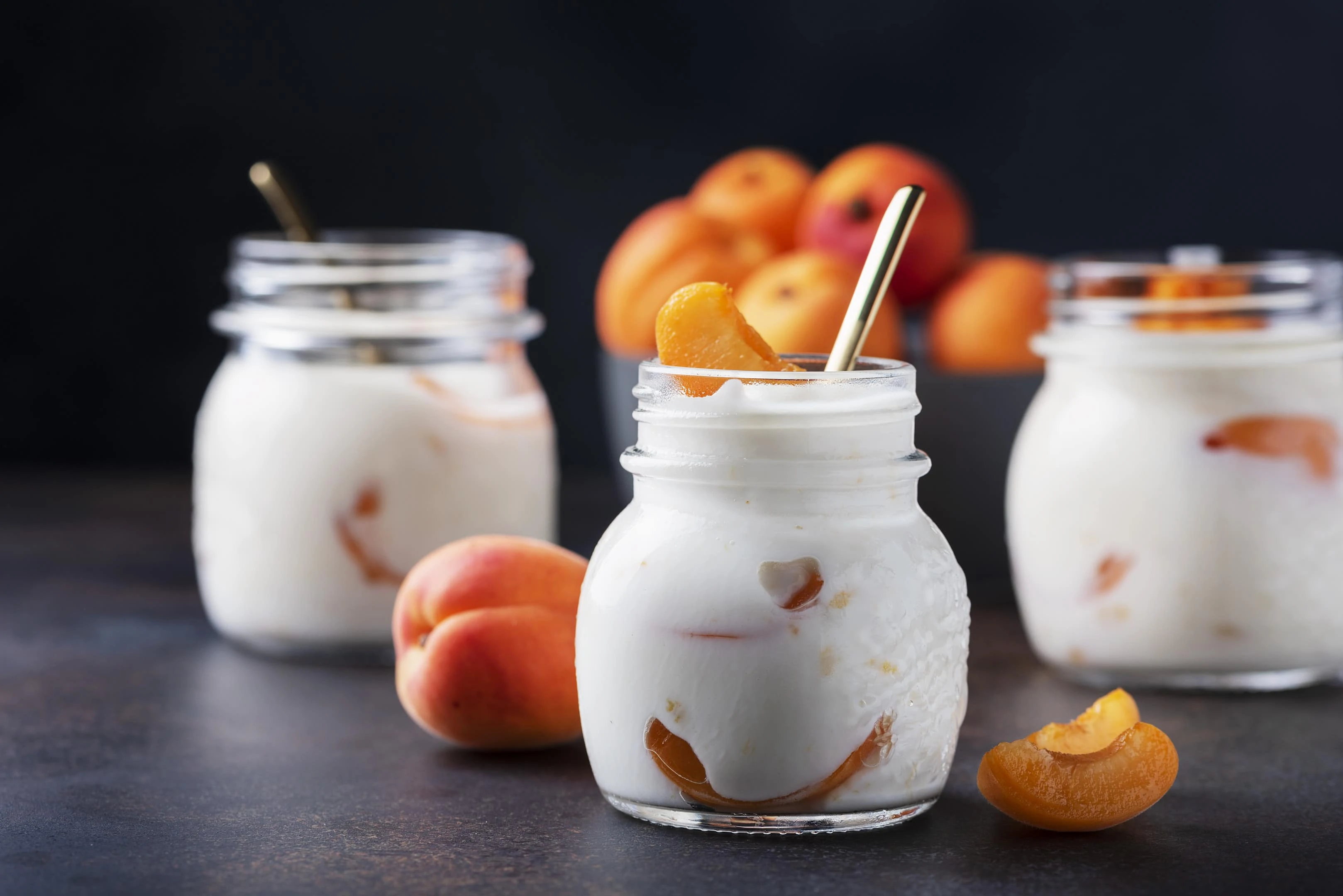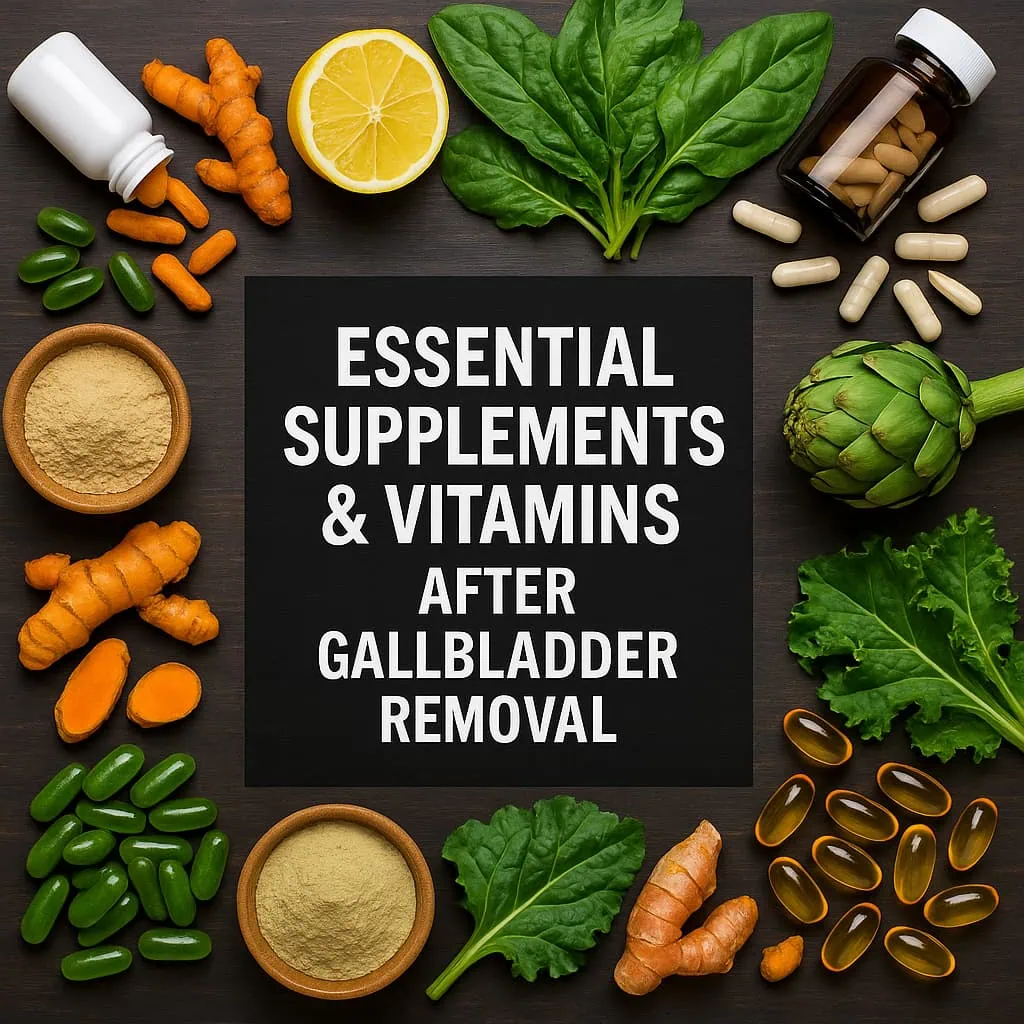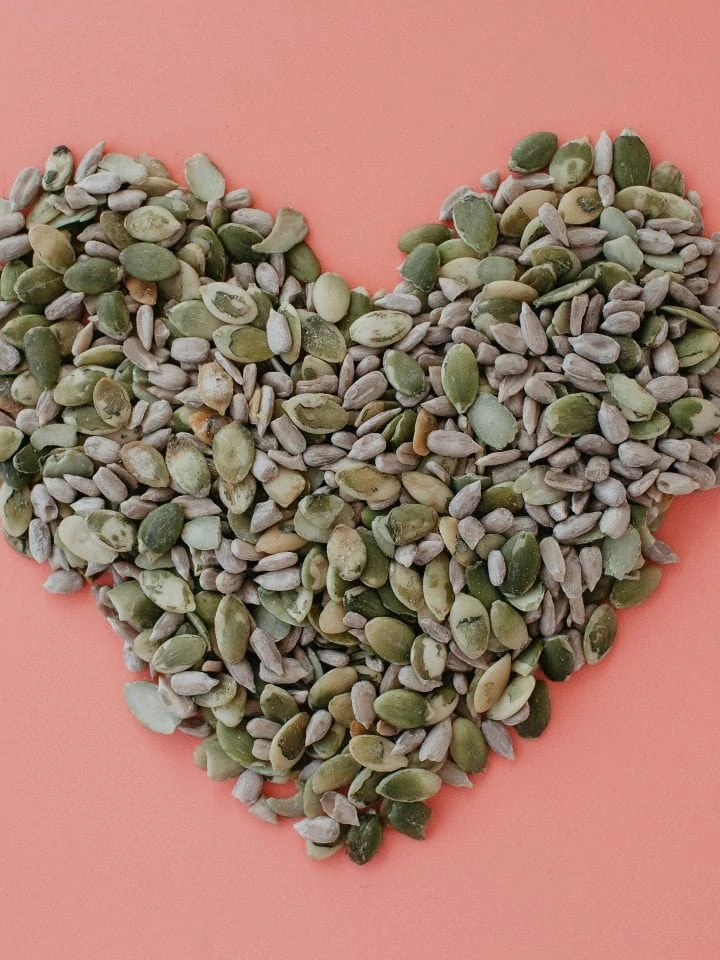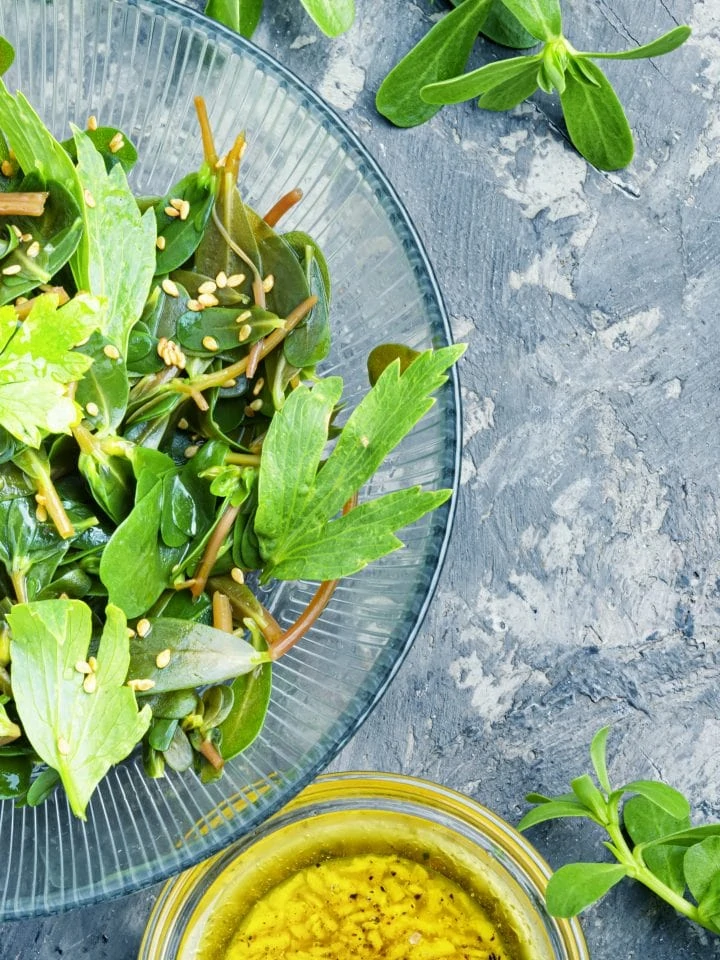With busy schedules and different diets, it is no surprise that we overlook our digestive health. Consuming sugary, fried, and processed foods that are not beneficial to the gut can upset the stomach and cause digestive issues. A healthy digestive system is non-negotiable for optimal health and one effective way to boost digestive health is through the consumption of foods rich in probiotics.
Probiotics are tiny microorganisms that offer benefits to the gut and overall digestive health. They can help reduce the symptoms of diverse digestive issues like gas, bloating, and constipation, making them an essential partner for digestive health. In this article, we will explore the top probiotic foods to incorporate into your diet and the different ways that they boost digestive health.
Jump to:
What are probiotics and why are they beneficial
Probiotics are live microorganisms, primarily yeasts and bacteria that possess a plethora of health benefits. They are referred to as “good bacteria” because they play a significant role in improving gut health and promoting digestion. Although probiotics are available as supplements, we can also consume them naturally in foods.
There are different strains of probiotics and they provide various health benefits; the common strains include Bifidobacterium, Saccharomyces boulardii, and Lactobacillus. These probiotics provide the body with various functions, especially benefits for the digestive system, that include balancing gut bacteria and alleviating the symptoms of gas, constipation, and diarrhea.
Additionally, since a large portion of the immune system sits in the gut, probiotics can boost immune function and aid the production of immune cells. Other benefits that probiotics offer include support for mental health, weight management, and improved skin health.
10 best probiotic foods for improved digestive health
1. Kefir
Kefir, one of the top probiotics to improve digestive health, is a fermented milk drink produced by fermenting milk with kefir grains. With its tangy taste, kefir possesses a rich probiotic content. It is loaded with diverse types of yeast and bacteria that play a vital role in helping to maintain a good balance of gut bacteria.
Moreover, consuming kefir can help boost the functions of the digestive system by aiding the breakdown of food substances and supporting the absorption of nutrients. Incorporating kefir into your diet can help ensure that your body gets the best out of the foods you consume.
2. Yogurt

Another rich probiotic for fostering digestive bliss, yogurt can potentially help to improve digestion. It is particularly beneficial for individuals with lactose intolerance as it is easier on their digestive system than consuming milk. Moreover, the live bacteria present in yogurt aid the production of lactase, which can help to reduce symptoms associated with digestion issues like diarrhea, bloating, and gas.
Consuming yogurt can also help enhance digestive health by improving the population of good gut bacteria. These beneficial bacteria help to combat harmful bacteria thereby aiding the prevention of infections. A healthy balance of gut microbiome is important for nutrient absorption, efficient digestion, and improved immune function.
3. Tempeh
Originating from Indonesia, tempeh is a fermented soy product for enabling healthy digestion. Tempeh is high in probiotics, especially Bacillus subtilis, which can help maintain a healthy balance of gut bacteria and aid in the prevention of gastrointestinal issues and abdominal bloating.
Moreover, the bioactive compounds and probiotics in tempeh can help alleviate the symptoms of chronic inflammation in the digestive tract. Inflammation is associated with diverse digestive disorders such as inflammatory bowel disease (IBD) and irritable bowel syndrome (IBS). This can help improve overall digestion and support a healthy digestive system.
4. Miso
A notable traditional Japanese seasoning made from fermented soybeans, barley, or rice, miso is loaded with probiotics, including the strains of Bifidobacterium and Lactobacillus, which can aid better digestion and enhance the functions of the immune system. Incorporating miso into your diet can help improve the number of beneficial bacteria in the gut, especially after disruptions such as antibiotic treatments.
The probiotic in miso can also aid in the breakdown of proteins, fats, and complex carbohydrates, facilitating the absorption of nutrients and helping the body use consumed foods better. This can help improve energy levels and overall nutrition. Consuming miso can also help ensure regular bowel movements and reduce the symptoms of constipation.
5. Pickles
Pickles, especially the ones fermented, contain generous amounts of probiotics. Unlike vinegar-pickled kinds, fermented pickles carry a lot of health benefits, particularly for the digestive system. The probiotics in fermented pickles can help enhance the gut barrier, thereby preventing harmful pathogens from penetrating the bloodstream.
Additionally, fermented pickles can help stimulate the production of antibodies and boost the activity of immune cells; through this benefit, fermented pickles can help reduce the risk of gastrointestinal infections and other health problems. Fermented pickles can also help prevent and ease constipation. Another amazing benefit of adding pickles to your diet is that they are low in calories and contain beneficial nutrients that can support overall wellness.
6. Fermented cheese
Fermented cheese like cheddar, blue cheese, and Gouda go through a unique fermentation process that not only boosts their flavors but also enriches them with probiotics. These probiotics help to improve the amount of beneficial bacteria in the gut, thereby aiding a balanced intestinal flora.
Additionally, fermented cheese is loaded with beneficial nutrients such as vitamin B12, protein, and calcium, which can help improve the function and structure of the digestive tract. Fermented cheese can also boost regular bowel movements and alleviate the symptoms of digestive issues like constipation.
7. Kombucha
Kombucha is a popular fermented tea beverage that is loaded with different kinds of probiotics that are beneficial for the digestive system. This tangy drink can aid the detoxification of the body and boost digestion. It also contains organic acids, vitamins, and antioxidants that can help improve overall health. Drinking kombucha regularly can boost digestive health.
In addition, kombucha contains bioactive compounds such as organic acids and polyphenols that possess anti-inflammatory qualities that can help prevent different digestive disorders. The antioxidants in kombucha can also help to decrease oxidative stress and provide a better digestive environment.
8. Kvass
Kvass is a fermented drink produced from water, rye bread, and sugar. The fermentation process of kvass aids in the growth of diverse strains of beneficial bacteria that are good for the gut. This can help improve the health of the digestive system and reduce the symptoms of gas and bloating. This makes kvass a great addition for individuals looking to boost their digestive health.
Furthermore, kvass contains organic acids that can support the functions of the liver during detoxification, helping the body to get rid of toxins more effectively. If you want to know more about foods for detox, consider checking out our article.
9. Kimchi
A traditional Korean dish made from fermented vegetables and seasoned with different ingredients and spices such as fish sauce, chili pepper, and ginger, kimchi possesses a strong probiotic power. The probiotics in kimchi help in the breaking down of food and boost effective nutrient absorption which can aid overall digestive health.
With its rich fiber content combined with its probiotics composition, kimchi can help promote regular bowel movements and help prevent constipation. The consumption of kimchi can also help alleviate the symptoms of inflammation and aid overall wellness.
10. Sourdough bread
The traditional method of making sourdough bread is what makes it unique. Its natural fermentation process involves lactic acid bacteria and wild yeast, which gives support to its probiotic composition. The presence of lactic acid bacteria in sourdough bread helps to improve the presence of beneficial bacteria in the gut.
Moreover, the fermentation process of sourdough bread breaks down phytic acid and gluten, which makes this kind of bread easier to consume than other kinds of bread. It is particularly a healthy option for individuals with mild gluten sensitivity. Sourdough bread also supports the absorption of minerals like magnesium, zinc, and iron.
Conclusion
Incorporating probiotics into your diet is a powerful way to influence your digestive health and improve overall wellness. Probiotic foods like tempeh, kimchi, kvass, kombucha, yogurt, miso, and fermented pickles can boost nutrient absorption, enhance digestion, and encourage a healthy digestive system. Including these foods in your diet as a part of a balanced diet can help you achieve digestive bliss and enjoy diverse health benefits. However, remember that, as with anything, moderation is the key.

A writer passionate about wellness, nutrition, and intentional living. She creates engaging, research-based content that empowers readers to live healthier lives. Through every article, she brings clarity, inspiration, and a touch of everyday practicality. Read more about Juliana.







Comments
No Comments